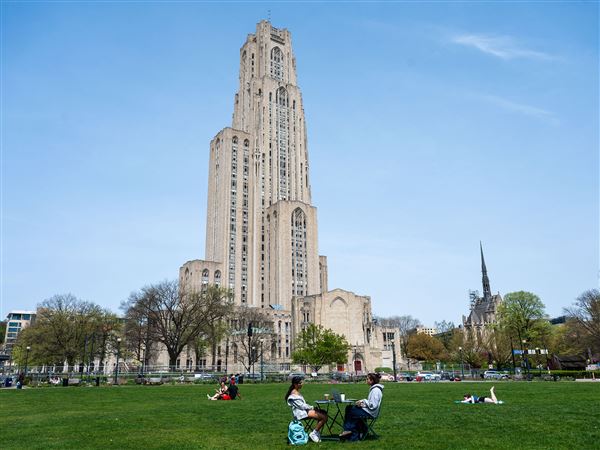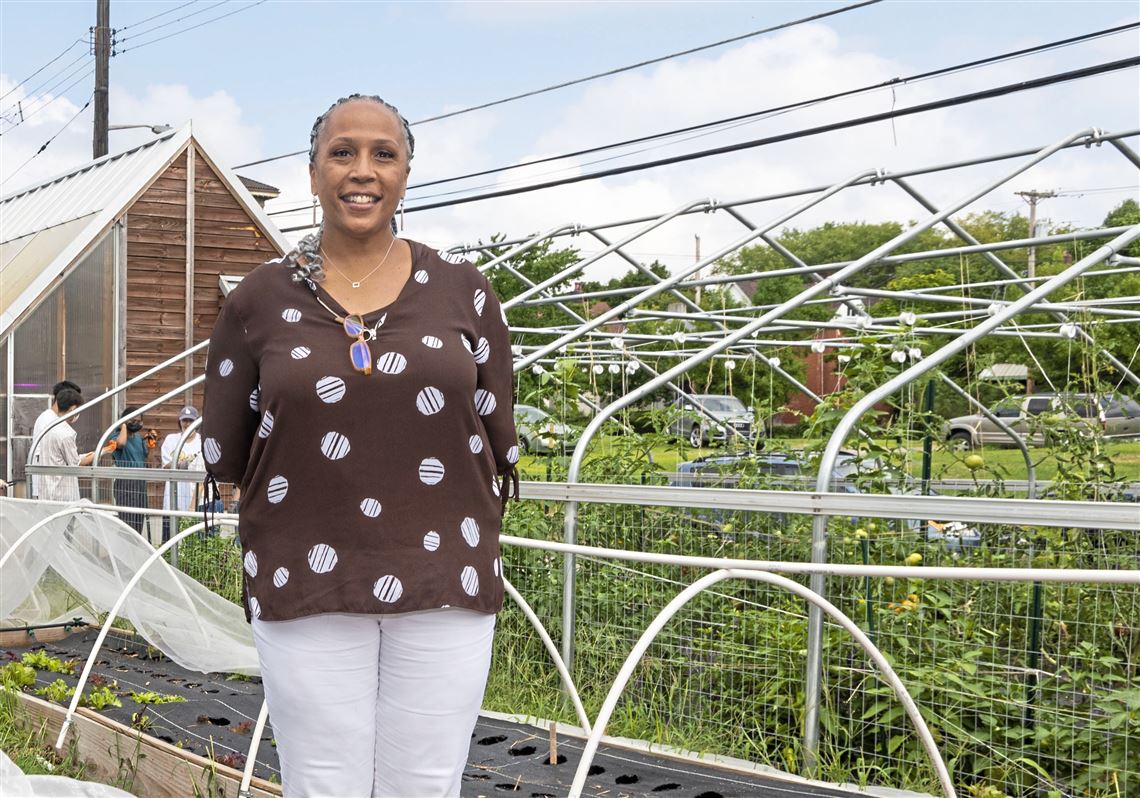A burst of spring-like weather — as promised by Punxsutawney Phil — brings to mind visions of seedlings and trowels and garden gloves. So there’s no better time to bring up the Urban Redevelopment Authority’s innovative Farm-a-Lot program, which makes vacant land in Pittsburgh available for cultivation.
Farm-a-Lot is a joint project with the Pittsburgh Land Bank, and was developed with the Pittsburgh Food Policy Council.
Urban agriculture may sound like an oxymoron, but in cities like Pittsburgh whose population and footprint have receded in recent decades, it only makes sense. While it’s charming to imagine every vacant lot in the city once again occupied by a home or a business, some lots and landscapes will be empty for the foreseeable future. Taking responsibility for that land by tending and cultivating it is part of taking care of our communities.
The benefits of urban agriculture range from the obvious and pragmatic to the subtle and spiritual. The communities with the most open space are also those with the greatest need for fresh foods and wholesome work: Neighborhood farms can temper the effects of food deserts, enhance food security and provide residents — especially young people — a way to apply themselves in a tangible way for the good of their communities.
The URA Farm-a-Lot program isn’t limited to growing lettuce and tomatoes, however: It also includes “rain gardens, community gardens, flower gardens, pollinator gardens and bee farms,” all of which both beautify the human environment and enhance the natural environment. They remind us that, even in the heart of the city, we are part of and responsible for an ecosystem — and our well-being depends on it.
The program offers both short-term three-year access to eligible URA-owned land, as well as the possibility of permanent ownership through the Pittsburgh Land Bank. Eligibility requirement for land access are stringent, with requirements for proof of financing for the farm operation, property insurance and at least the initiation of tedious City of Pittsburgh permitting processes.
Urban agriculture is hardly new in Pittsburgh: the organization Grow Pittsburgh has existed for years, and the Hilltop Urban Farm has been developing the site of the former St. Clair housing project, on the bluff between Mt. Oliver and the Becks Run valley. These have shown both the desire for this kind of land use, and the great good that can come from it: both cultivating food on the land, and cultivating respect for the land among those who work on and live around urban farms.
The URA and its partners deserve praise for putting the Farm-a-Lot program together, and we hope and expect it will draw significant interest as spring draws near.
First Published: February 10, 2024, 10:30 a.m.
















